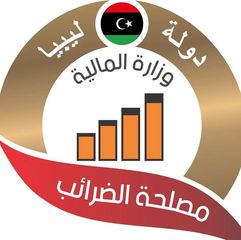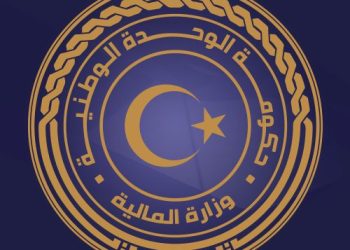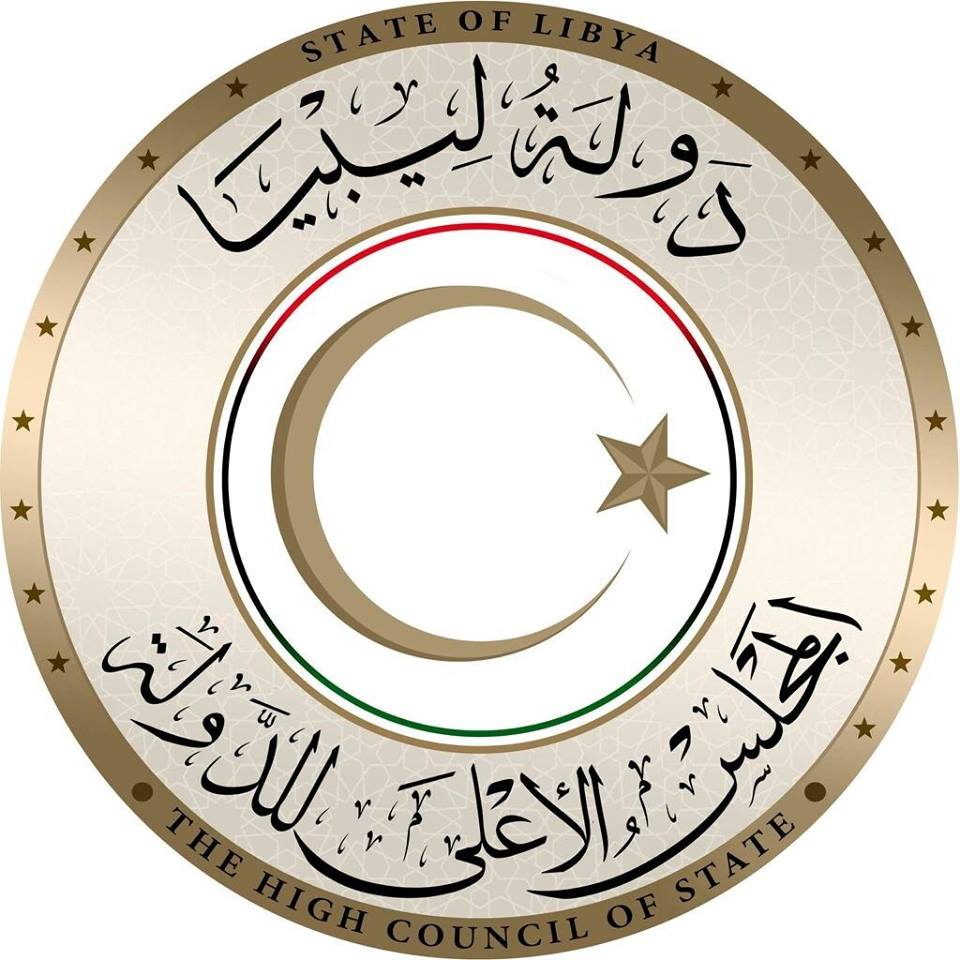Ageela Saleh, the Speaker of Libya’s parliament, the House of Representatives (HoR), has approved a request from the Saddek El-Kaber, the Governor of the Central Bank of Libya (CBL), to impose a tax/fee/levy of 27 percent on the current official LD exchange rate.
The new flexible rate would allow the CBL Governor to sell the US dollar at a range from LD 5.95 to LD 6.15 – depending on market conditions. The current official exchange rate is LD 4.95 per dollar. The parallel black-market rate yesterday was LD 7.26/dollar.
The ‘‘decree’’ by Saleh is valid until the end of 2024 and prescribes that revenues generated from the 27 percent ‘‘fee’’ are used to cover the expenses of development projects and repay the public debt.
Decree a personal unilateral effort by Salah – deemed unlawful
It must be noted that this decree is a personal, unilateral decree announced by Ageela Saleh as Speaker of the HoR. The tax was not discussed let alone approved by the HoR sitting in session. The HoR never met in session.
Opposition by HoR to the tax
Various members of the HoR had told Libyan media that the HoR would not have approve the CBL Governor’s proposal to impose ‘‘fees’’ on the official exchange rate at a rate of 6.15 or 5.95 per dollar because, they stressed, parliament is a legislative authority whose role is to issue laws and legislation, monitor the government and hold it accountable. They, meanwhile, deem the exchange rate being within the jurisdiction of the Management of the Central Bank in accordance with Law No. (1) of 2005 regarding banks.
Saleh claims the Finance Committee approved the new tax, not him. HoR members refute this, saying parliament should have met in session, then moved the matter to the committee.
Why did El-Kaber resort to HoR’s El-Kaber to help devalue the Libyan dinar
It will be recalled that CBL’s Board of Directors, consisting of 7 to 9 people, does not exist in a functioning capacity. During the west v east Libya split El-Kaber sidelined the board and ran the CBL unilaterally. He still does today with strong international backing.
Libyan banking laws/regulations prescribe that only the CBL Board can set/adjust the LD exchange rate. El-Kaber does not have that power unilaterally and any LD exchange rate adjustment by him would be deemed unlawful. It is for this reason that El-Kaber sought the legal cover of Ageela Saleh and the HoR.
Does this make it legal?
Legal and lawful are not absolute terms in post-Qaddafi Libya. The various legislative and executive entities do what they can get away with. Layer upon layer of illegality and unlawfulness has occurred since February 2011 that it is virtually impossible to disentangle matters. In Libya, de facto is often de jure.
Notwithstanding all the above, it is likely that if El-Kaber does implement the new foreign exchange tax ‘‘decreed’’ personally by Saleh, it will be challenged in court.
El-Kaber’s 27 February letter to the HoR
It will be recalled that in a widely leaked letter dated 27 February from CBL Governor El-Kaber to HoR Speaker Saleh, El-Kaber requested that Saleh:
- Quickly approve a unified budget
- Rationalize public spending
- Address parallel spending of unknown origin (in the eastern region by the Hafter dominated regime. This is most likely a reference to Hafter’s Military Investment Authority (MIA) and his regime’s smuggling of subsidised fuel – subsidised by the CBL)
- Impose a tax fee on the official exchange rate of 27% for all purposes except for sectors that are funded by the treasury.
The general tax rate should be between the range of 5.95 dinars per dollar and 6.15 dinars per dollar, giving the CBL flexibility to reduced or raise the tax within this range according to revenue conditions and the development of expenditures. El-Kaber said in his letter that this price alone will not achieve complete stability in the parallel FX market with the continued unforeseen and unknown demand in the market.
Libyan politics – a politics of illegality and contradictions
It will be recalled that El-Kaber has been sacked by the HoR, under Saleh’s leadership, on at least two occasions.
He was first sacked from his post by the HoR on 14 September 2014 after he had failed to turn up to Tobruk for questioning.
He was then dismissed from his post again in April 2015. The decision (No. (14) of 2015) to sack him was signed by Ali Hibri, who at the time represented the only internationally recognized government and parliament, the HoR.
El-Kaber justifies remaining in his post on the bases of the fact that Libyan law and CBL regulations do not allow for a vacant post of Governor. Kaber would only vacate his post if his replacement arrived in Tripoli.
Kaber also does not recognize any CBL decisions taken in meetings held outside Libya, such as those held in Tunisia. Libyan law / CBL regulations stipulate that all such decisions must be taken in meetings held within Libya.
Ultimately, El-Kaber stays in post because the international community want him.
Deputy HoR head calls on State Council to install Shukri as new CBL Governor (libyaherald.com)
HoR elects Mohamed Al-Shukri as new CBL governor; Hibri humiliated (libyaherald.com)
CBL Governor Saddek Elkaber sacked again (libyaherald.com)







